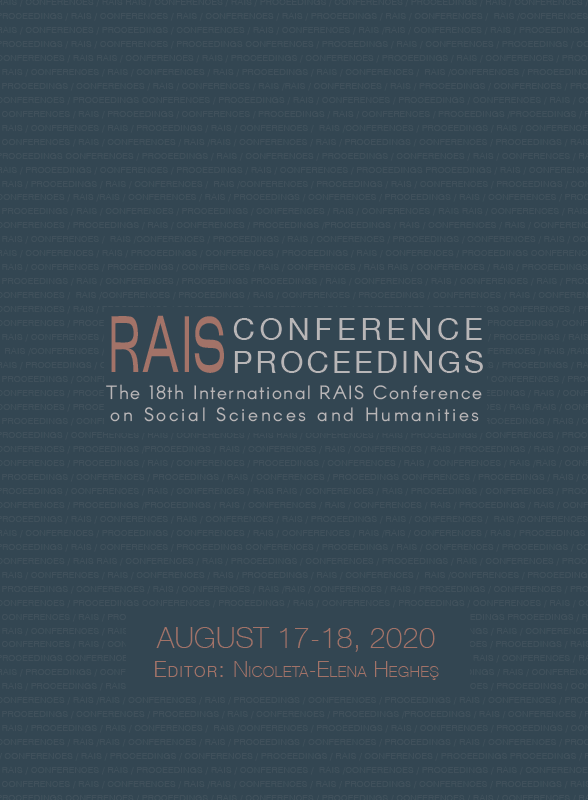The Green New Deal: Historical Foundations, Economic Fundamentals and Implementation Strategies
The Green New Deal: Historical Foundations, Economic Fundamentals and Implementation Strategies
Author(s): Julia M. Puaschunder
Subject(s): Business Economy / Management, Economic policy
Published by: Scientia Moralitas Research Institute
Keywords: The Green New Deal (GND); carbon tax; emissions trading;
Summary/Abstract: The Green New Deal (GND) serves as market solution to implement global environmental governance as “the sum of the many ways individuals and institutions, public and private, manage their common affairs.” This paper discusses the historical foundations, underlying economic mechanisms of the GND and contemporary implementation strategies of the GND. GND spending should target social and green causes fostering concepts such as eco-commerce, environmental enterprise, environmental finance, fiscal environmentalism, green accounting, economy, jobs and trading as well as sustainable energy. The economic policies proposed comprise of fiscal and monetary means, innovation efforts and behavioral changes. Concrete recommendations are given on carbon tax, emissions trading, green bonds, absorbing CO2 and forestation, insurance policies, intergenerational conscientiousness, engaging portfolio managers, ecotax, environmental pricing reform, environmental tariffs, net metering, Pigovian tax and sustainable tourism. All these efforts are to support global environmental governance. The paper closes with a prospective outlook of changes implied to the GND due to the novel Coronavirus (COVID-19) crisis.
Book: Proceedings of the 18th International RAIS Conference on Social Sciences and Humanities
- Page Range: 41-52
- Page Count: 12
- Publication Year: 2020
- Language: English
- Content File-PDF

